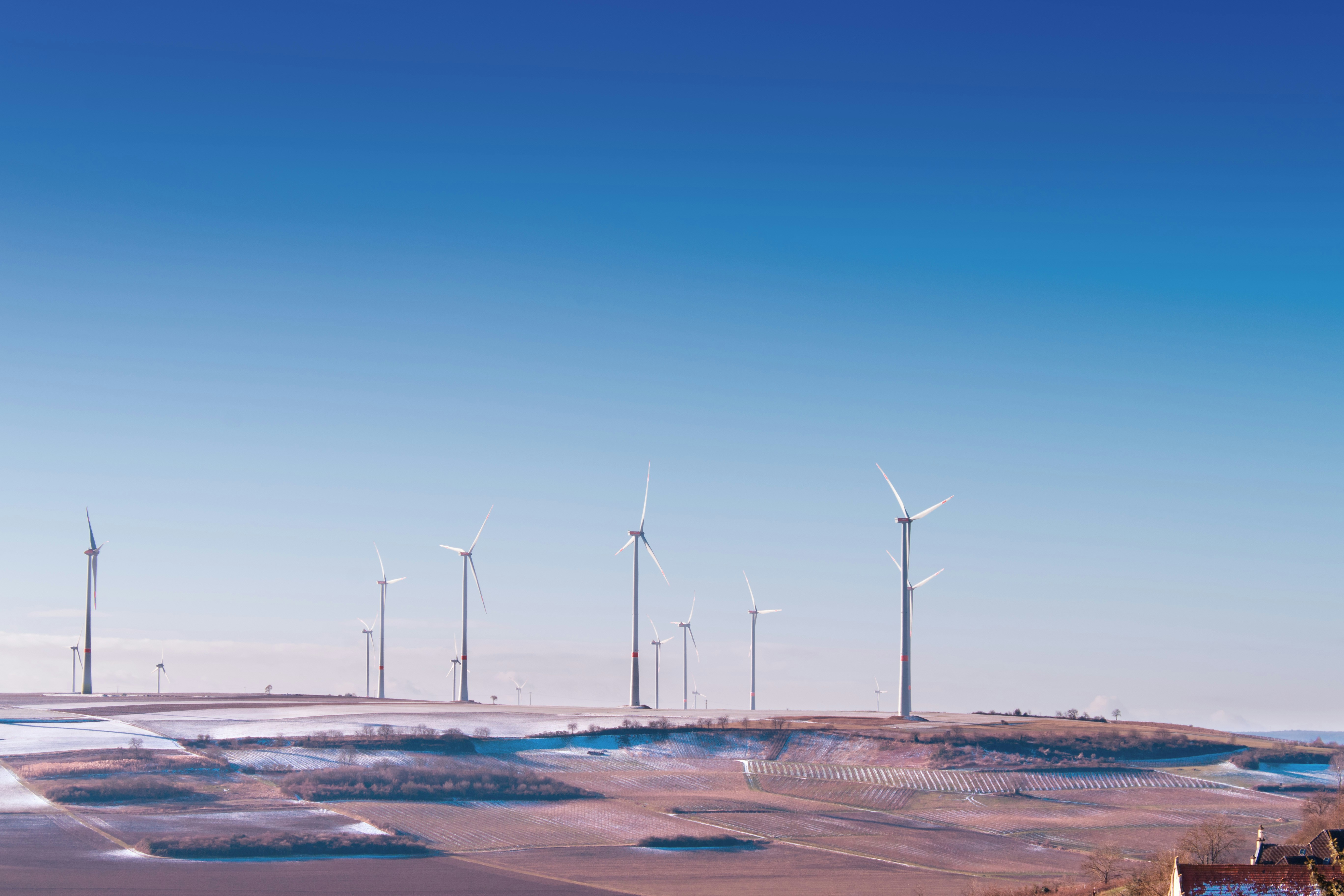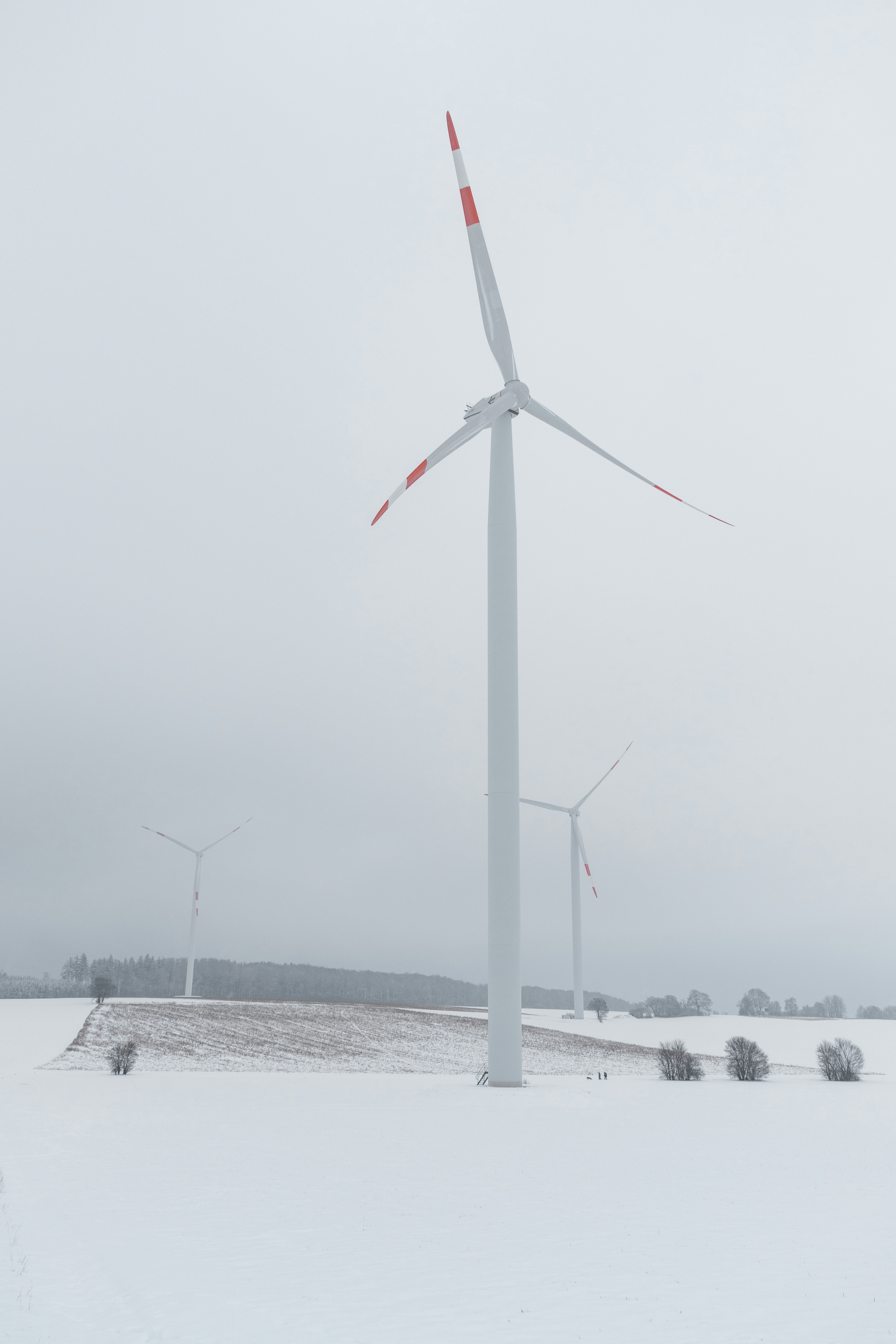Exploring the open roads in your RV often involves finding ways to make the journey more sustainable and eco-friendly. In the article, “Harnessing Solar Energy for Your RV: A Practical Guide,” you’ll find out exactly how to do that. The centerpiece of the discussion is a look into the advantages and practical aspects of employing solar power for your RV. Uncover details of how solar energy can not only fuel your whimsical adventures across the scenic landscapes but also ubstantially decrease your carbon footprint in the long run. This guide uncomplicates the concept, uses simple American English, lays down the facts of harnessing solar energy, and reveals the big impact such a small change can make. Buckle up as you prepare for a greener, cleaner RV journey.
Can I Use Solar Energy for My RV?
Absolutely, you can! Solar energy is an ideal solution for powering your Recreational Vehicle (RV). Let’s delve into how it all works.
Understanding the Basics of Solar Energy for RVs
Solar energy represents a clean, renewable, and more sustainable power alternative for your RV. This method allows you to harness sunlight through solar panels and convert it into electrical energy. This electricity is then stored in batteries to power your RV, providing a consistent and dependable source of energy, especially when you’re off-grid.
The Benefits of Using Solar Energy in Your RV
One of the most significant benefits of using solar energy in your RV is its cost-effectiveness. Though it may involve an initial outlay, it can save you a considerable amount in the long run by eliminating or reducing the need for costly generator fuel and hook-up fees. Besides, solar energy is environmentally friendly, reducing your carbon footprint. It’s also quiet – no more noise from the generator!
Determining Your Solar Needs for Your RV
So, what are your solar needs? To answer this, you’ll need to assess your power requirements and estimate your RV’s sunlight exposure.
Assessing Your Power Requirements
Firstly, you need to understand your power usage. Make a list of all the appliances and devices you’ll be using in your RV and their individual power requirements measured in Watts. Consider things like lights, TVs, microwaves, air conditioners, and even mobile devices, and understand how much energy they need collectively over a day.
Estimating Sunlight Exposure for Your RV
While solar panels can still generate electricity during cloudy days, the amount of sunlight your panels are exposed to directly affects their efficiency. Consider where you’ll be traveling and camping, taking into account factors like season, geographic location, and potential obstructions like trees or buildings.
Selecting the Ideal Solar Panel System for Your RV
Deciding Between Monocrystalline, Polycrystalline, and Thin-Film Panels
These are the three common types of solar panels, each presenting its unique characteristics. Monocrystalline panels tend to be the most efficient but can be more expensive. Polycrystalline panels are less efficient but more affordable. Thin-film panels are the least expensive and least efficient, but they’re also lightweight and flexible, making them suitable for certain types of RVs.
Understanding the Importance of System Size and Power Output
The size of your solar system is dependent on your power needs and the available space on your RV’s roof. Larger systems can produce more power but obviously require more space.
Understanding the Cost of Solar for Your RV
Exploring the Upfront Investment
The initial cost of installing a solar system in your RV can feel hefty. Yet, remember, you’re investing in your freedom to travel and live off-grid without depending on public hookups, noisy generators, or sacrificing comfort.
Calculating the Long-Term Savings with Solar Energy
Setting up a solar system in your RV can lead to significant long-term savings. By producing your own power, your dependency on generator fuels and electricity hookups reduces or disappears entirely, saving you considerable money over time.
Installing Solar Panels on Your RV
Basic Steps for Solar Panel Installation
The basic installation process involves mounting your solar panels, running the necessary wiring, setting up the charge controller and inverter, installing the batteries, and finally, testing your system. Although it’s something you can handle yourself with careful research and attention to detail, consider hiring a professional if you’re not 100% comfortable.
Sourcing Proper Tools and Equipment for Installation
Equally important is having the right tools. You’ll need items like a drill, wire stripper, crimper, sealant, and the correct hardware to secure your panels safely to the RV roof. Make sure you connect with a reliable vendor to avoid substandard products and receive the necessary support.
Safeguarding Your RV and Solar System During Installation
Proper installation is crucial to protect your RV and prolong your solar system lifespan. Ensure a watertight seal around any roof penetrations to prevent leaks and secure all components properly to withstand the rigors of travel.
Maintaining Your RV’s Solar System
Routine Checks and Cleaning Advice
While solar systems require relatively low maintenance, regular cleaning and inspections can prevent potential problems. Dust, bird droppings, and other debris can decrease panel efficiency, so clean them regularly. Also, regularly inspect your system for any loose connections or signs of wear and tear.
Recognizing the Signs of Potential Solar Panel Issues
Solar panel issues can present themselves as inconsistently low power output, faulty inverters, or depleted batteries. If you notice any of these signs, it could be time to have your panels inspected or serviced by a professional.
Managing Solar Energy Storage in Your RV
Selecting the Appropriate Batteries
The power you harness with your solar panels is stored in batteries. The capacity and type of batteries you choose impact how much electricity you can store. Deep-cycle batteries are a popular choice for solar systems due to their ability to handle repeated discharge and recharge cycles.
Deciphering Charge Controllers and Inverter Functions
Charge controllers manage the power flowing from your panels into your batteries, preventing overcharging. Inverters, on the other hand, convert stored DC power into AC power used by most electrical devices.
Troubleshooting Common Issues with RV Solar Systems
Addressing Low Power Output
If your solar system’s power output is consistently low, check for obstructions shading your panels, dirty panels, or faulty components like the charge controller or inverter.
Solving Battery Charging Issues
If your batteries aren’t charging well, it could mean either the panels aren’t generating enough power due to insufficiency sunlight or issues with the charge controller or the batteries themselves.
Dealing with Insufficient Sunlight
Even in situations with insufficient sunlight, your solar panels should provide some power. However, it helps to have a back-up plan like a generator or a shore power connection in such circumstances.
Does Your RV’s Size Influence the Solar System?
Relating RV Size with Solar Panel Coverage
The size of your RV can influence the number of panels you can fit on your roof. However, even smaller RVs can be equipped with sufficient solar power to meet their needs, thanks to improvements in solar technology and efficiency.
Balancing RV Power Demands with Solar System Size
A larger RV often means more appliances and hence, a greater need for power. However, your solar system’s size will be influenced by your typical power usage, available roof space, and budget constraints, not necessarily the size of your RV.
Exploring Real-Life Examples of RV Solar Systems
Looking into Experiences of Other RV Owners
Exploring the experiences of other RV owners who’ve embraced solar energy can help you anticipate potential challenges and learn from their solutions. From life on the road with a small van equipped with a minimalist solar setup to big rigs with substantial power demands, every story offers insights.
Insights into Maximizing Solar Energy in Different Types of RVs
Different types of RVs can offer varying challenges and opportunities when it comes to solar. Travel trailers, for instance, might offer less roof space but can be more easily parked in sunny locations, while larger class A motorhomes may provide more roof real estate but also come with greater power demands.
Moving over to solar energy for your RV isn’t merely a financial decision but an environmentally conscience one as well. It reduces your dependency on non-renewable resources and empowers you to explore with fewer limitations. So, here’s a toast to your sun-powered adventures!



